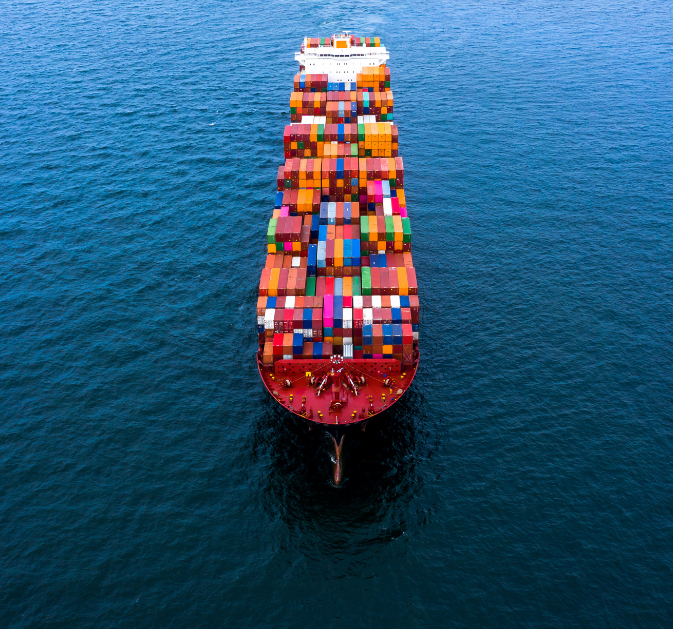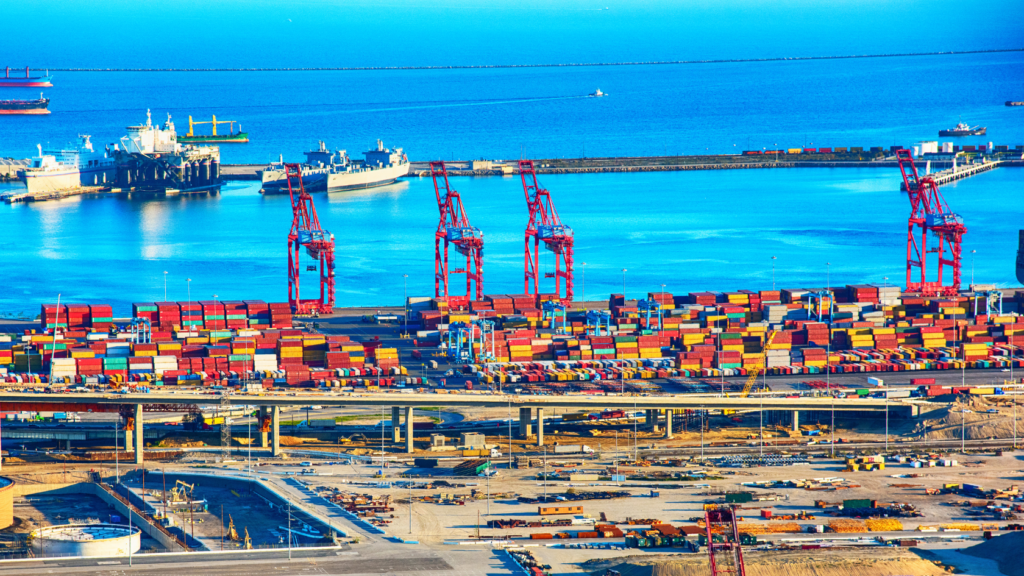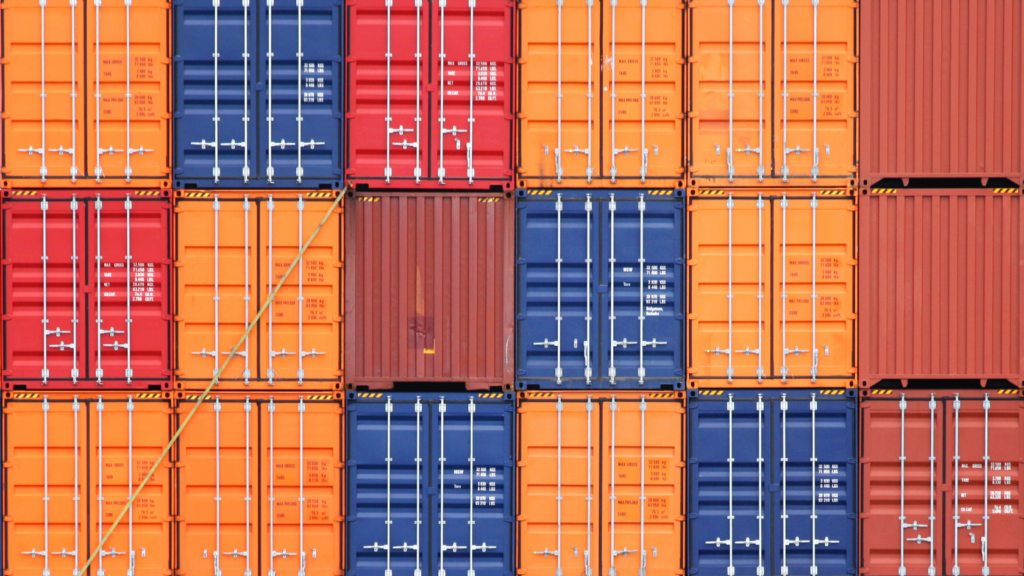MPF Fee Change Reminder, Import Evolution, and Blank Sailings.
Your weekly All-Ways round-up of Supply Chain news.
Information on Customs User Fee Changes Effective October 1, 2023
Pursuant to the General Notice (88 FR 48900) published July 28, 2023, adjustments to certain customs user fees and corresponding limitations, as codified in 19 U.S.C. § 58c, will take effect on October 1, 2023. These adjustments are being made in accordance with the Fixing America's Surface Transportation Act of 2015 (FAST Act), Public Law 114-94. The General Notice may be accessed at the link below:
The Merchandise Processing Fee (MPF) ad valorem rate of 0.3464% will NOT change. The MPF minimum and maximum for formal entries (class code 499) will change. The minimum will change from $29.66 to $31.67; and the maximum will change from $575.35 to $614.35.
Some other fees that are changing:
The Surcharge for Manual, Formal Entry/Release (class code 500) will change to $3.80.
The fee for Informal Entry/Release, automated and not prepared by CBP personnel (class code 311a), will change to $2.53.
The Commercial Truck Arrival fee (class code 492) will change to $6.95. The Commercial Truck Arrival Fee is the CBP fee only; it does not include the United States Department of Agriculture (USDA) Animal and Plant Health Inspection Service (APHIS) Agricultural and Quarantine Inspection (AQI) Services Fee (currently $7.29) that is collected by CBP on behalf of USDA to make a total single crossing fee of $14.24. Once eighteen Single Crossing Fees have been paid and used for a vehicle identification number (VIN)/vehicle in a Decal and Transponder Online Procurement System (DTOPS) account within a calendar year, the payment required for the nineteenth (and subsequent) single crossing is only the AQI fee (currently $7.29) and no longer includes CBP's $6.95 Commercial Truck Arrival fee (for the remainder of that calendar year).
Please see the above General Notice for the full list of fees that are changing.
Stability in Sight
More than a 20% year-over-year decline in imports from Asia was recorded at the largest ports on the U.S. East and West coasts in the first 8 months of 2023. The Gulf Coast only saw a 3.7% decrease in imports during that period.
While the drastic decline may seem concerning, the import volume was essentially flat compared to the same period in 2019. In October, retailers are expecting the numbers to turn positive and keep rising through the rest of the year. The National Retail Federation believes there will be a strong holiday season with a 10.4% increase in U.S. imports in November and a 12% jump in December.
“These are strong numbers and a sign retailers are optimistic about the holiday season since they don’t import merchandise unless they think they can sell it,” said Jonathan Gold, vice president for supply chain and customs policy at the NRF.
For the sixth consecutive month, the U.S. has seen an increase in imports from Asia rising from 1.08 million TEU in March to 1.49 million TEU in August according to PIERS.
Better the Balance
Ocean carriers are joining the ranks in changing or suspending their services in an effort to bring available capacity and import demand to an equilibrium. Blank sailings help keep rates from plummeting and ensure that sailing ships are full.
➡️ THE Alliance announced that it will cancel its trans-Pacific service next month.
➡️ Hapag-Lloyd suspended its Pacific Northwest 3 (PN3) service from Hong Kong.
➡️ Mediterranean Shipping Co. and Maersk will blank 11 trans-pacific voyages in the coming 2 weeks
➡️ Ocean Alliance carriers reduced sailing frequency or canceled 18 services through the end of October
➡️ Cosco Shipping and Orient Overseas Container Line’s Dahlia service to the Pacific Northwest was changed from weekly to fortnightly through October
➡️ Evergreen Marine’s Southwest Express Service to Los Angeles changed its weekly sailings to biweekly through October
The trans-Pacific will account for 59 of 104 blank sailings between mid-September and end of October according to Dewry.
The overall sentiment is that the situation will get worse before it gets better. It’s important for shippers to stay alert as shifts in schedules are happening so fast.




